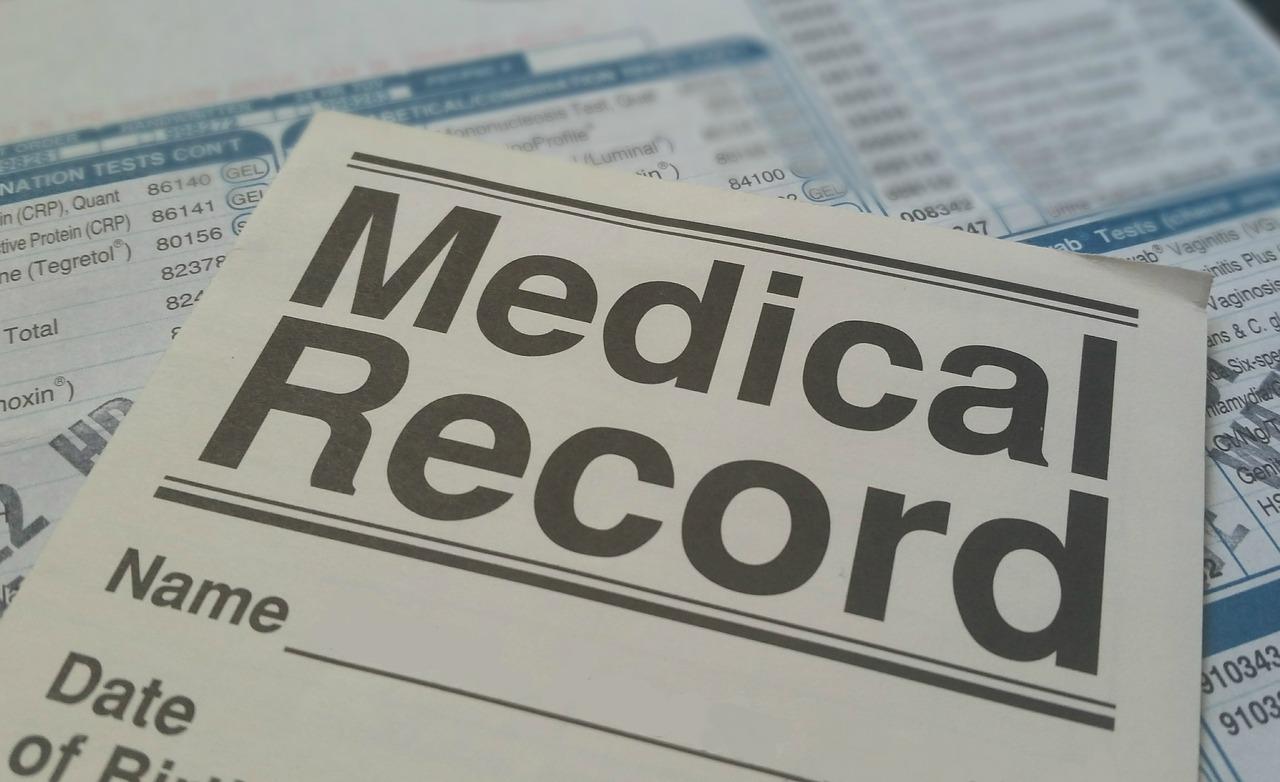The recovery journey from addiction is a complex path, and one of the most critical aspects of sustaining long-term recovery is preventing relapse. Relapse is a common and frustrating occurrence that can undermine all the progress made through alcohol addiction treatment orlando programs. However, with proper strategies and support, individuals can implement effective methods and practices to reduce the risk of relapse and maintain a healthy, sober lifestyle. Below are various valuable strategies for preventing relapse and ensuring sustained success in the recovery process.
Build a Supportive Network
 Building a solid support system is critical for long-term rehabilitation. Surrounding yourself with others who understand and appreciate your road to recovery may help you feel accountable, encouraged, and understood. This network may include friends, family members, support groups, addiction counselors, or mentors.
Building a solid support system is critical for long-term rehabilitation. Surrounding yourself with others who understand and appreciate your road to recovery may help you feel accountable, encouraged, and understood. This network may include friends, family members, support groups, addiction counselors, or mentors.
Regularly connecting with these individuals can help you navigate challenges, remind you of your reasons for staying sober, and offer guidance during times of vulnerability.
Practice Self-Care
Self-care is a vital component of preventing relapse. Engaging in activities that boost physical, mental, and emotional well-being can significantly enhance your ability to withstand triggers and stressful situations. This might include regular exercise, getting enough sleep, eating a balanced diet, practicing mindfulness or meditation, engaging in hobbies, and setting healthy boundaries. By prioritizing self-care, you are equipping yourself with the tools necessary to manage cravings and maintain overall wellness.
Identify and Avoid Triggers
Understanding your triggers is key to preventing relapse. It is essential to identify people, places, activities, or even certain emotions that may tempt you to revert to old habits. By recognizing and avoiding these triggers, you can proactively protect your sobriety. If certain situations cannot be avoided, develop coping strategies in advance, such as having a support system in place, practicing relaxation techniques, or preparing alternative activities to distract yourself.
Develop Healthy Coping Mechanisms
During recovery, it’s crucial to discover healthier ways of dealing with stress, boredom, or negative emotions that don’t involve substance abuse. Find positive outlets to channel your energy and emotions, such as exercise, creative pursuits, journaling, or spending time in nature. Additionally, learning effective stress management techniques, such as deep breathing exercises or seeking therapy, can help you navigate challenging moments without resorting to harmful behaviors.
Maintain an Attitude of Continuous Learning
Embracing a mindset of continuous learning can provide motivation and perspective throughout your journey. Educate yourself about addiction, attend support group meetings, read books on recovery, or participate in workshops that promote personal development. By expanding your knowledge and understanding, you strengthen your resilience and equip yourself with tools to navigate the ups and downs of recovery.
Conclusion
 Preventing relapse requires dedication, commitment, and a proactive approach. By building a supportive network, practicing self-care, identifying triggers, developing healthy coping mechanisms, and maintaining an attitude of continuous learning, individuals in recovery can significantly lessen the risk of relapse and sustain long-term recovery. Remember, recovery is a lifelong journey, and while relapse may occur, it does not define you.
Preventing relapse requires dedication, commitment, and a proactive approach. By building a supportive network, practicing self-care, identifying triggers, developing healthy coping mechanisms, and maintaining an attitude of continuous learning, individuals in recovery can significantly lessen the risk of relapse and sustain long-term recovery. Remember, recovery is a lifelong journey, and while relapse may occur, it does not define you.
Each setback can be an opportunity for growth and renewed determination. Stay connected, stay focused, and never lose hope – a fulfilling, sober life is within your reach.…



 HIPAA stands for the Health Insurance Portability and Accountability Act. It was a law made back in the 90s to protect patient health information’s privacy. The rule applies to any organization that handles protected health information (PHI), which includes pretty much any kind of medical information. So, if you work in an office that deals with PHI regularly, then you need to be HIPAA compliant. That means making sure that all of your systems and processes are in line with the law.
HIPAA stands for the Health Insurance Portability and Accountability Act. It was a law made back in the 90s to protect patient health information’s privacy. The rule applies to any organization that handles protected health information (PHI), which includes pretty much any kind of medical information. So, if you work in an office that deals with PHI regularly, then you need to be HIPAA compliant. That means making sure that all of your systems and processes are in line with the law. HIPAA is not just some random law that only applies to medical professionals. It’s a real and vital law that affects anyone who works with PHI. And while it may seem daunting, becoming compliant is not impossible. So, if you’re ready to get started, we’re here to help. Still have questions about HIPAA compliance? Check out our other articles to get a better idea.…
HIPAA is not just some random law that only applies to medical professionals. It’s a real and vital law that affects anyone who works with PHI. And while it may seem daunting, becoming compliant is not impossible. So, if you’re ready to get started, we’re here to help. Still have questions about HIPAA compliance? Check out our other articles to get a better idea.…
 Anyone can read medical journals, and many people do. In fact, many medical journals are available online for free. Anyone interested in medicine can find something of value in a medical journal. There are also many different types of medical journals. Some focus on specific diseases or conditions, while others are more general. There are even medical journals that focus on alternative medicine or medical research.
Anyone can read medical journals, and many people do. In fact, many medical journals are available online for free. Anyone interested in medicine can find something of value in a medical journal. There are also many different types of medical journals. Some focus on specific diseases or conditions, while others are more general. There are even medical journals that focus on alternative medicine or medical research.